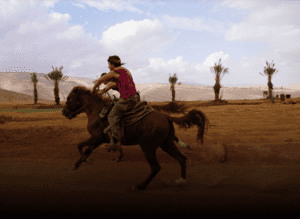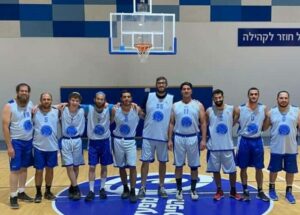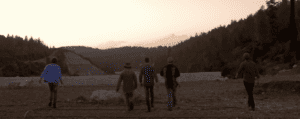The word “marathon” comes from an event that took place in Ancient Greece in 40 BCE. According to legend, Greek soldier Pheidippides ran approximately 25 miles (42.195 kilometers) from a battle near Marathon all the way to Athens to announce the defeat of the Persian army. He arrived in Athens, announced the Greek victory, and dropped dead. The following year, people ran the same path from Marathon to Athens, and so marathons began.
A few years ago, people from Ancient Shiloh were reading the Book of Samuel and they came across the story of a battle between the Jewish people and the Philistines. The Philistines were coming from the beach towards the mountains, and the Jews met them in the valley in the ancient city of Even Haezer, today known as Rosh Ha’Ayin. The Israelites lost the battle, and decided to go back to Shiloh and take the Ark of the Covenant with them out to battle the Philistines once again. Not only did the Jewish people lose the battle, they also lost the Ark.
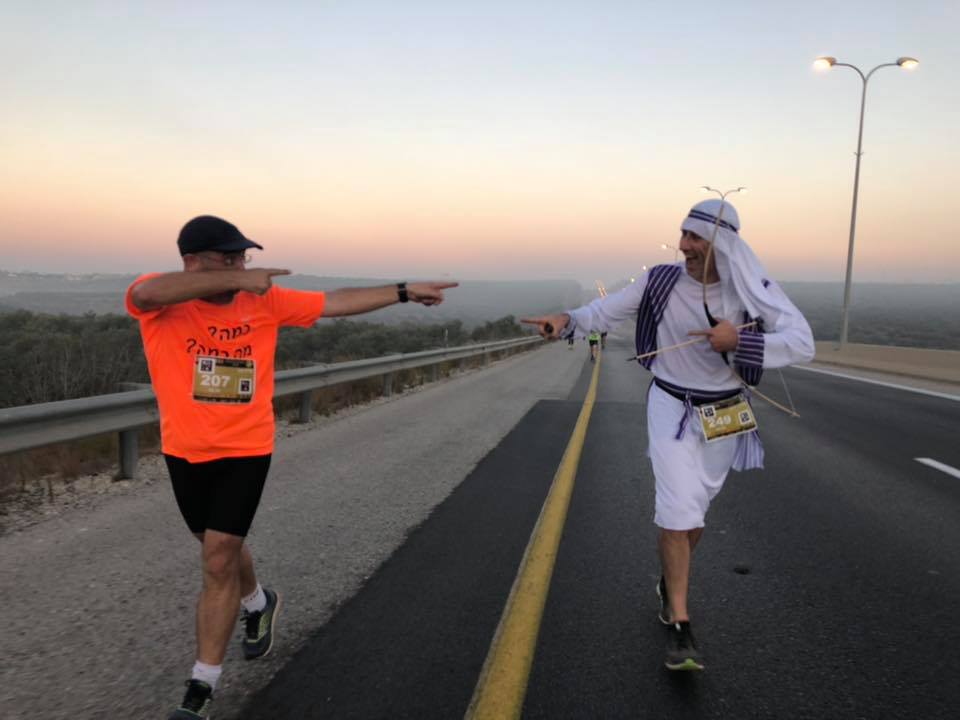
“And a man of Benjamin ran from the battle and came to Shiloh on that day” (1 Samuel 4:12). According to tradition, the man of Benjamin was the future King Saul, and he ran to Shiloh to tell the High Priest Eli about the tragic loss, as well as the loss of his two sons who fell in battle. Eli could not bear the news and fell off his chair, he hit his head, and died. It is said that although the Israelites were believers and committed to God, they were lacking in the mitzvah of “hachnasat orchim,” the Jewish value of hosting guests and making them feel welcome. Being a man of God is not enough, God reminds us again and again about the importance of our relationships with our fellow man, and so the battle and the Ark were lost.
The run from Rosh Ha’Ayin to Shiloh that the “man of Benjamin” did was calculated – and lo and behold it was the exact same length as the Ancient Greek marathon – except this one occurred even earlier – 2,907 years ago! The man of Benjamin’s run was the world’s first true marathon. Upon this discovery six years ago, the head of tourism in the Binyamin Regional Council, Moshe Ronsky, called up the head of the Israel Marathon and told them about this miraculous discovery, and asked them to make a marathon tracing the path of the man of Benjamin. At first the head of the Israel Marathon said no, “There are only 4 Marathons in Israel Jerusalem, Tel Aviv, Tiberias and Eilat. We can not add another one”. Even so, he went to see for himself. He recognized the truth, that this truly was the world’s first marathon, and he even acknowledged that this will be the most important marathon in Israel. He could not deny the incredible discovery once he saw it with his own eyes, and he agreed to a pilot race. The first year had only 18 runners run the full marathon. This year, there were over 260 full marathon runners. In addition to the marathon runners, 4,000 people participated in half-marathons, 10K, and 5K races.

The Heart of Israel’s founder AY Katsof proudly ran the 5K with his wife Rivka and his oldest son Yisrael. As the whistle blew and the race began, Yisrael took off so quickly that AY soon lost sight of him. The nine year old ran the entire race barefoot, as he believed the original man of Benjamin did, and finished 5K in only 28 minutes. The race was just minutes away from his house, and he had been running through the vineyard barefoot in preparation for the race. “This is probably one of the world’s only marathons that runs through vineyards,” said AY Katsof, “we are running through the vineyards of the prophecies of Jeremiah 31:5, “Again you will plant vineyards on the mountains of Samaria”, with thousands of people from all over the world.”
Just like Yisrael Katsof, many other runners drew Biblical inspiration for the race. One man ran the full marathon in Biblical garb, carrying a bow and arrow. Caleb and Joshua Waller of HaYovel ran the marathon in Biblical garb carrying giant grapes, representing the grapes that the spies brought to the Israelites in the desert from the Land of Israel.
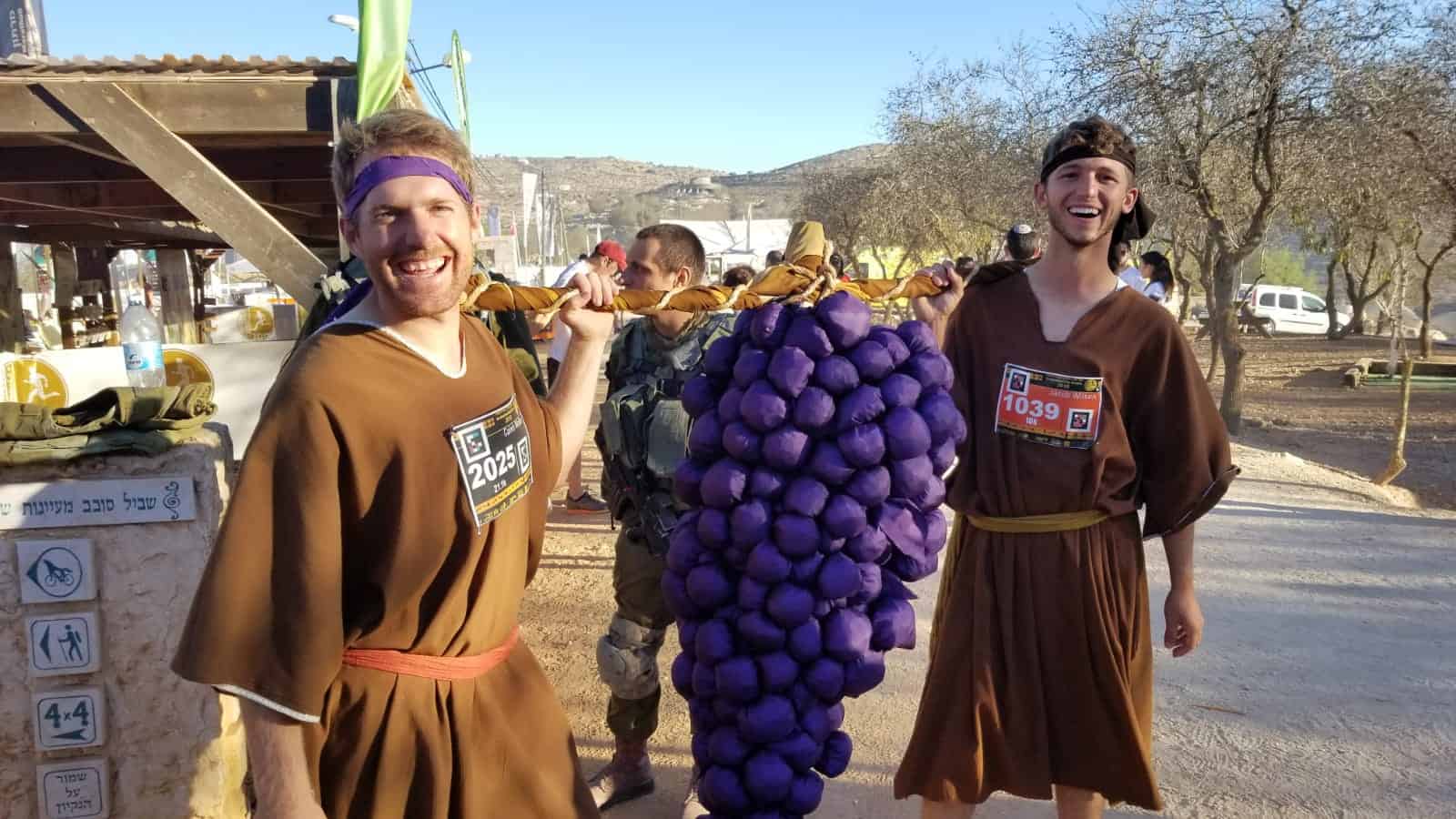
Initially, the head of the Israel Marathons was nervous to give the green light to this race. One of the major reasons was political – the nature of massive races like this means that there will be road closures. He knew that closing roads in this controversial region would lead to complaints from the international community that by closing the roads, Palestinians won’t be able to drive through. It is important to note that the race is open to everyone, worldwide, including Palestinians, and they are not simply confined in their communities. They call the closed roads the “settler roads,” because until the settlers arrived and built them in 1993, there was little-to-no infrastructure in the region, and they happily utilize these roads for the rest of the year.
It is truly miraculous to run through the hills of the biblical heartland, reenacting the run from the Book of Samuel, and witness prophecies coming alive before our very eyes.
The Bible Marathon, October 18th, 2019
Join the ancient running challenge
SAVE THE DATE!

